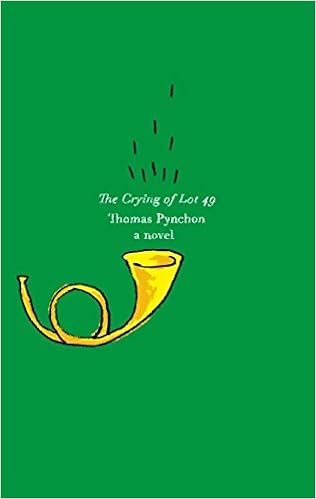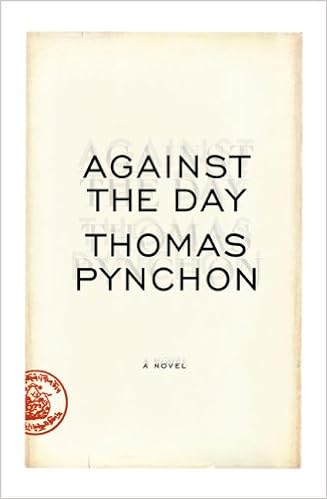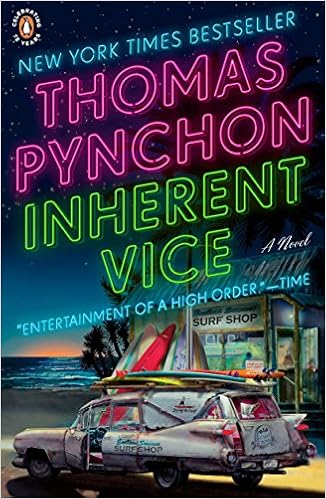
Description
“A puzzle, an intrigue, a literary and historical tour de force.” — San Francisco Examiner “The comedy crackles, the puns pop, the satire explodes.” — New York Times "Mr. Pynchon's satirical eye doesn't miss a thing, including rock n' roll singers right wing extremists, and the general subculture of Southern California." — Library Journal “[A] spectacular tale. . . . The work of a virtuoso with prose. . . . His intricate symbolic order is akin to that of Joyce's Ulysses ."xa0 — Chicago Tribune “ Pynchon is again whispering something in our ear about the meaning of coincidence, the possibility of recurrence in history, and the circularity of time. . . . . The Crying of Lot 49 is one of those mystery novels that can’t be solved.”xa0 — New York Review of Books “Remarkable. . . . The Crying of Lot 49 resembles metaphysical poetry in the range of its allusions and the curiosity of its creator. Consequently, the book is always surprising.”xa0 — Washington Post The highly original satire about Oedipa Maas, a woman who finds herself enmeshed in a worldwide conspiracy, meets some extremely interesting characters, and attains a not inconsiderable amount of self knowledge. Thomas Pynchon was born in 1937. His books include V , Gravity's Rainbow , Vineland , Mason & Dixon , Against the Day , Inherent Vice , and Bleeding Edge . Read more
Features & Highlights
- The Crying of Lot 49
- is the classic novel of conspiracy and self-knowledge by the legendary Thomas Pynchon, now available in an Olive Edition—a lower-priced small format edition with a hip and beautiful package design.
- The Crying of Lot 49
- is the story of Oedipa Maas, a woman who finds herself enmeshed in a worldwide conspiracy, meets some extremely interesting characters, and attains a not inconsiderable amount of self knowledge.




